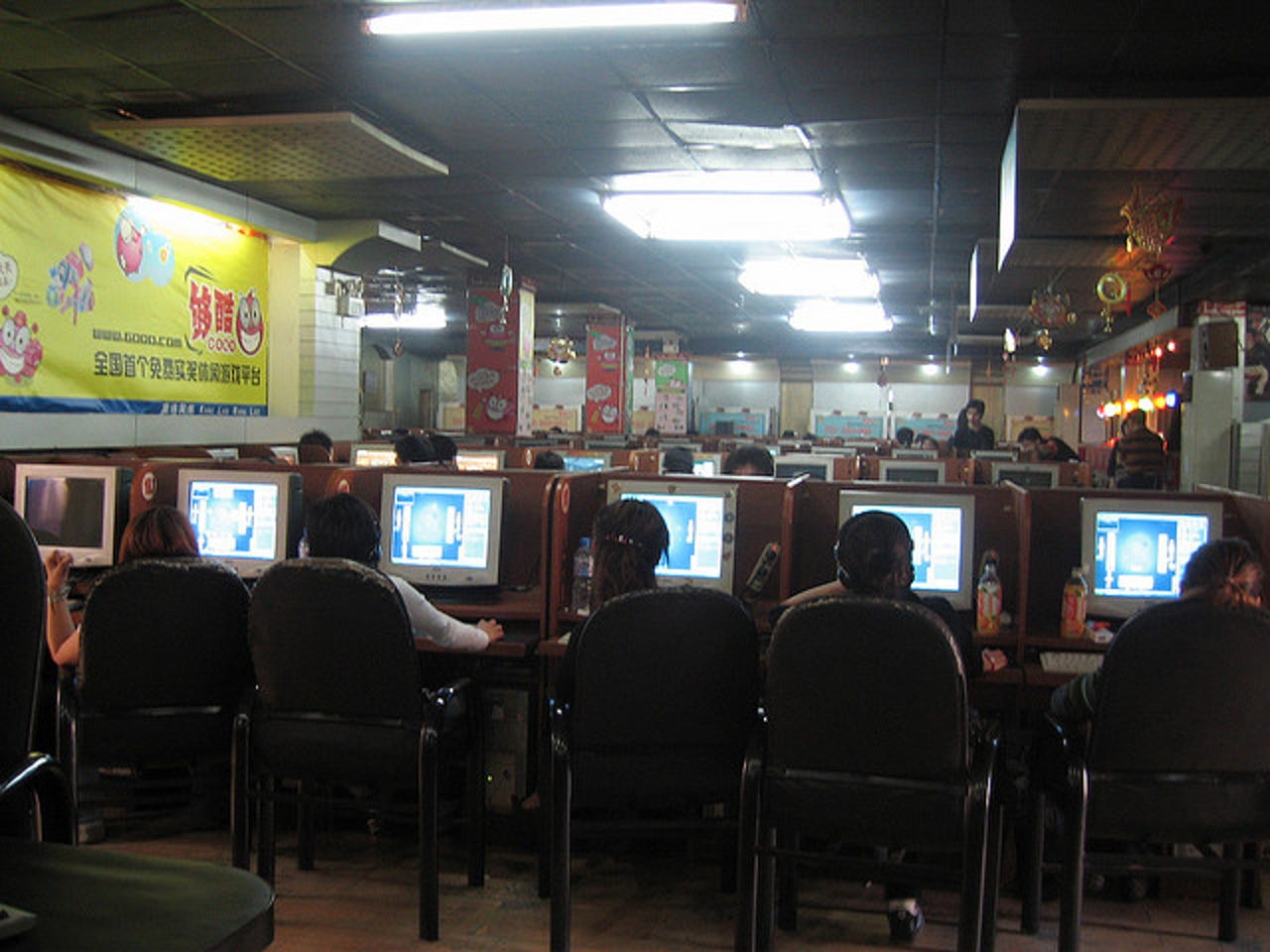China's Internet firms urged to prevent the spread of online rumors

China's state-run news site Xinhua reports that Internet firms in China are being called upon to prevent the spread of online rumours.
The Internet Society of China released a paper today entitled 'Written Proposal on Resisting Internet Rumors', that details methods to clamp down on online rumours amongst other perceived issues.
The paper urges Internet companies to take "effective measures" to prevent online rumours by "seriously obeying the country's laws and regulations as well as self-disciplinary rules."
These outlines seem to be particularly focused towards China's microblogging services. Recently Sina Weibo and Tencent had to suspend their commenting function for 4 days, in a move many saw as authorities punishing the two sites for allegedly spreading rumours of a coup.
According to the Xinhua report, Beijing police have arrested 1,065 suspects and deleted over 208,000 online messages they considered "harmful" since February. 16 other websites have also been shut down over "rumours".
There is certainly a tightening of restrictions on free speech in China at the moment.
Recently real name regulations have been passed, forcing users on microblogging services to be held accountable for their posts. This has apparently not been enough to deter unwanted rumours and gossip.
Steven Millward, of Tech in Asia, draws a comparison between this increased crackdown and the "war on terror".
"A war on rumors is now underway, characterized by greater surveillance of ordinary folks as if everyone is somehow guilty," he says. Reading the Internet Society of China's paper, it is hard to disagree that the points seem to address a vague, expansive issue.
There are eight points in total, most of which focus on the ideas of regulation and responsibility. Several of them urge companies to focus on "self-regulation", "strengthen internal control mechanisms" and work on "corporate social responsibility". These terms suggest tighter reigns on websites.
Microblogs like Sina Weibo already have a great deal of regulation and moderation on comments, but with such a huge base of users, they cannot be expected to police them entirely.
It is a debate that returns every time sweeping legislation is put forward to 'clean up' the Internet. Websites and Internet companies based on user content are blamed for what they display. They are expected to monitor it, even when doing so disrupts free speech.
In my opinion, it seems as though suggestions like these fail to address the real issues. Placing focus on companies, and punishing them as they did with the Weibo black out, is counter-productive.
In the end, an individual is responsible for what they post, and it seems that Chinese authorities are not comfortable that real name regulations will be enough to control that.
A large flurry of arrests and crack downs on microblogs could be seen as a warning or scare tactic, reminding Chinese web users to censor themselves.
China is notorious for its online censorship, and perhaps attacks on government websites by Anonymous recently will be adding to those concerns.
The paper does at least push for Internet firms to protect their users. It suggests strengthening the interaction between moderators and forums, as well as "guiding" them to civilised conduct.
That could be construed in a more sinister way, but attempting to increase conversation between authorities and net users is positive.
The Internet Society of China identifies itself as a "nationwide, non-profit social organization to promote the healthy development of China Internet and serve for social and economic development." It also claims to be an independent organisation, with approval of the Ministry of Information Industry and the Ministry of Civil affairs.
Image source: Kai Hendry/Flickr.com.
Related:
